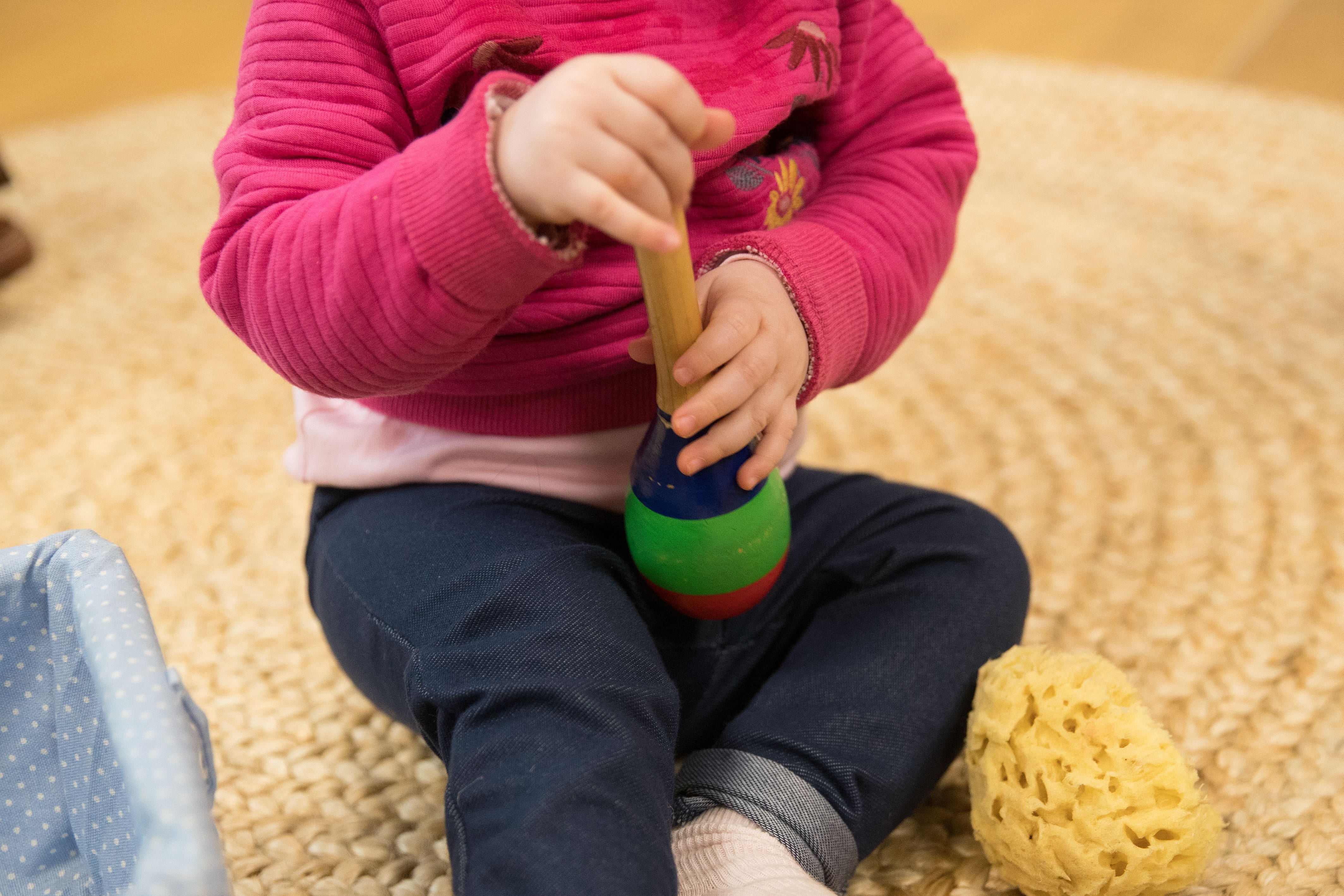Toddlers understand concept of possibility, study suggests
Research found that two and three-year-olds are able to distinguish between improbable and impossible events.

Your support helps us to tell the story
From reproductive rights to climate change to Big Tech, The Independent is on the ground when the story is developing. Whether it's investigating the financials of Elon Musk's pro-Trump PAC or producing our latest documentary, 'The A Word', which shines a light on the American women fighting for reproductive rights, we know how important it is to parse out the facts from the messaging.
At such a critical moment in US history, we need reporters on the ground. Your donation allows us to keep sending journalists to speak to both sides of the story.
The Independent is trusted by Americans across the entire political spectrum. And unlike many other quality news outlets, we choose not to lock Americans out of our reporting and analysis with paywalls. We believe quality journalism should be available to everyone, paid for by those who can afford it.
Your support makes all the difference.Toddlers might be too young to know the words impossible and improbable but they may still understand how possibility works, research suggests.
The study found that two and three-year-olds are able to distinguish between improbable and impossible events and even learn from impossible scenarios.
The researchers believe that toddlers learn so much better after impossible events because the unexpected drives them to search for explanations.
Although improbable events might be surprising, they do not necessarily need an explanation.
Scientifically, these findings are exciting because they suggest that humans are equipped from the get-go to think about whether things are possible or unlikely or just can’t happen
However, impossible events mean the children have to re-evaluate what they thought they knew.
Co-author Lisa Feigenson, co-director of the Johns Hopkins University Laboratory for Child Development, US, said: “Even young toddlers already think about the world in terms of possibilities.
“Adults do this all the time and here we wanted to know whether even toddlers think about possible states of the world before they’ve had years of experience and before they have the language to describe these mental states.”
Some 335 two and three-year-old children were shown a gumball-type machine filled with toys – some saw a mix of pink and purple toys, and others saw the machine was filled with only purple toys.
The children then got a coin to drop into the machine to draw one toy.
The children who saw a mix of pink and purple and drew a pink one should not have been surprised as there was some chance they would get a pink toy.
But some saw the machine filled with only purple toys but got a pink one – which should not have been possible.
After they got their toys, all the children were told the made-up name of the toy and then asked the name some time later.
According to the findings, those who experienced the impossible scenario and drew a pink toy when the machine contained no pink toys, learned significantly better than everyone else.
But as long as getting a pink toy was possible, no matter how unlikely, the children experienced no boost to their learning.
Professor Feigenson said: “These results are so interesting because they show that when children see events in the world that they can’t explain, it instils in them a drive for information that they can use to reconcile their prior model of the world with what they’ve just seen.
“Scientifically, these findings are exciting because they suggest that humans are equipped from the get-go to think about whether things are possible or unlikely or just can’t happen.”
The study is published in the Proceedings of the National Academy of Sciences journal.